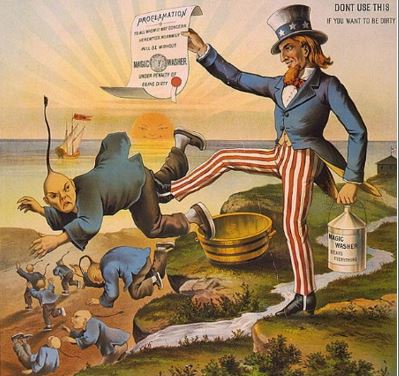
By Raymond Douglas Chong (Zhang Weiming)
During the late 19th century in Gold Mountain (America), the Chinese pioneers and sojourners from Sye Yup (Wuyi) region of Kwangtung (Guangdong) province faced racial discrimination and violence across the Wild West.
“The Chinese Must Go” became a common slogan among racist politicians and demagogues who made ethnic cleansing their goal. The Chinese became scapegoats for the country’s economic troubles. In 1882, Congress enacted the Chinese Exclusion Act, the first significant federal law that restricted racial immigration into the United States.
One American stood out above the rest.
Attorney Frederick Alonzo Bee valiantly defended the civil and legal rights of the Chinese. Born on September 9, 1825, to English parents, in Clinton, New York, Bee came to California during the Gold Rush. He would soon gain a reputation as a merchant, lobbyist and an attorney for the Chinese consulate in San Francisco from 1878 to 1892. He also is credited for developing Sausalito, California and helping to build Placerville and Humboldt.
LATEST STORIES
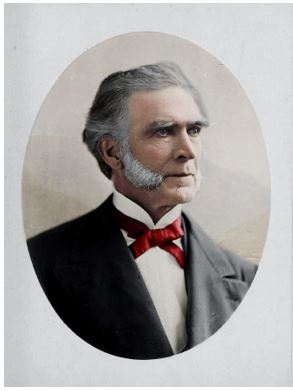
Senator Oliver Morton asked Bee to testify on behalf of the Chinese during Congressional committee hearing in San Francisco. Despite his efforts, in 1877 the Congressional Report of the Joint Special Committee to Investigate Chinese Immigration concluded the Chinese population had few desirable characteristics as Americans.
Shortly after, The San Francisco Riot of 1877 which targeted Chinese Americans broke out over two days beginning on July 23. The ethnic violence which swept through Chinatown resulted in four deaths and the destruction of more than $100,000 in property.
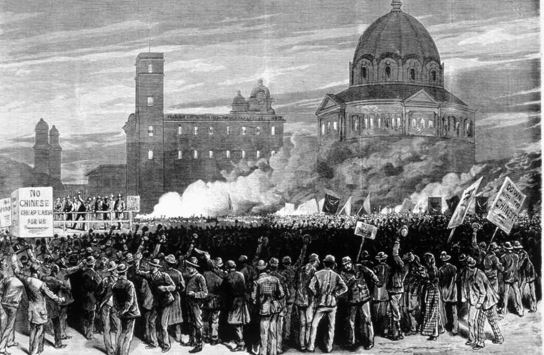
In 1878, China’s consulate opened in San Francisco with Consul Chen Shutang. He appointed Bee its legal counsel. For 14 years, he defended the rights of Chinese residents, petitioned the federal government for redress of damages and deaths, worked to repeal local laws, and acted as a liaison with the United States Customs Department. Under constant death threats, he firmly defended the Chinese against racial discrimination.
Bee futilely argued against enactment of the Chinese Exclusion Act in 1882. He wrote:
I believe that the immortal truths of the Declaration of Independence came from the same source with the Golden Rule and the Sermon on the Mount…… As surely as the path on which our fathers entered a hundred years ago led to safety, to strength, to glory, so surely will the path on which we now propose to enter bring us to shame, to weakness, and to peril.
The Rock Springs (Wyoming) Massacre ended in the deaths of 28 Chinese coal miners on September 2, 1885. 15 others suffered injuries. Rioters burned 78 Chinese homes, resulting in $150,000 in property damage. The Seattle (Washington) Riot of 1886 occurred on February 6 to 9, 1886, chasing away over 200 Chinese from Chinatown. The Hells Canyon (Oregon) Massacre along Snake River occurred when 34 Chinese gold miners were ambushed and murdered in May 1887.
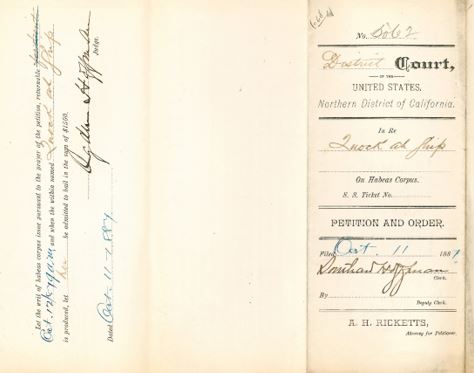
The Chinese Exclusion Act resulted in many Writ of Habeas Corpus cases at the United States District Court. Chinese women had few options. If a Chinese woman was a prostitute, she would probably die of syphilis. If she was placed in the Mission Home, she had to find a husband. If she was an American citizen, she would live only in Chinatown. Laws, customs, language, and racism kept her on the margins of American society.
Bee was very suspicious of Chinese women who came to San Francisco. However, if the United States District Court placed a woman in his custody, he assigned her to the Mission Home. Bee gave her a second chance. Most Americans would have deported the women to China.
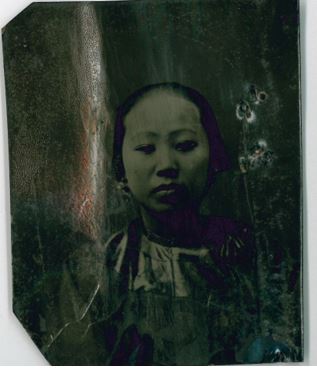
In a Writ of Habeas Corpus case, filed on October 11, 1887, for Quock Ah Sip, Bee testified regarding the Chinese lady’s petition and order for deportation. United States Circuit Judge Sawyer finally affirmed the decision of United States District Judge Hoffman to remand Quock Ah Sip to China.
Frederick Alonzo Bee died on May 26, 1892 in San Francisco. The Chinese community in America sadly lost their American legal eagle.
Since 2010, Anthony Oertel, an insurance agent in California, has bolstered the legacy of Frederick Alonzo Bee thru his “Frederick Bee History Project” at http://www.frederickbee.com/
AsAmNews has Asian America in its heart. We’re an all-volunteer effort of dedicated staff and interns. Check out our Twitter feed and Facebook page for more content. Please consider interning, joining our staff or submitting a story




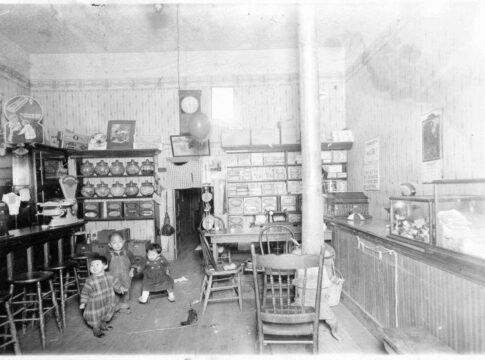



RE: How Frederick Alonzo Bee became a champion defending Chinese in America during late 19th Century: Tony has been dedicating decades to research on Bee’s life http://www.frederickbee.com/